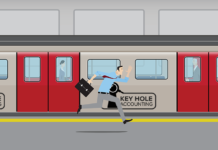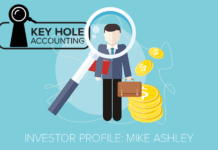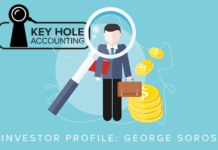VAT – it’s one of those elusive elements of modern life you know you should understand, yet here you are – 33 years old and still wondering what VAT is. Fear not! Aspiring Accountants is here to give you all the details you’ll need to feel confident when you proclaim, “I understand VAT!”
So, What Is VAT?
Value Added Tax, or VAT, is a tax charged on goods and services by businesses. Not every business is obligated to charge VAT on what they sell, although most do. Like income tax personal allowance, there is a profit threshold for businesses that must become VAT Registered and subsequently charge VAT on their goods and services (currently £82,000 or over turnover per year). Many businesses are still VAT Registered even if they fall below the threshold – it can be used for reclaiming VAT as well (more on that later).
Other taxes, like income tax and National Insurance (not technically a tax but functions in exactly the same way as a tax) are collected in collaboration with HMRC. The responsibility for VAT getting to the government, however, lies with the businesses selling goods and services. It is, therefore, very important accountants keep a close eye on the profits from goods sold to make sure their turnover is either over or under the VAT threshold.
How to Pay VAT
VAT can be paid directly to the government or via accounting software. There are various HMRC schemes designed to fit in with the needs of each business, for example, the Flat Rate Scheme can be used by a business that has a VAT taxable turnover of less than £150k per year. The Flat Rate Scheme allows businesses to charge a lower percentage rate than the Standard Rate Scheme as the business won’t be reclaiming VAT on purchases. The Flat Rate Scheme helps keep the VAT recording process very simple, making it an ideal choice for small businesses.
VAT Rates on Goods and Services
There are three different rates of VAT. Each business must add the correct rate to what is being sold.
Standard Rate is 20% and applies to most good and services. Reduced rate is 5% and applies to certain item categories as well as certain circumstances (energy saving materials fall under the reduced rate). Zero Rate VAT is where 0% VAT is added to the product or service. Products like razors fall under Zero Rate VAT (but surprisingly, women’s sanitary products do not. Go figure!).
Reclaiming VAT
One of the benefits of being VAT Registered is that a business is able to reclaim some or all of the VAT on business-related goods and services they’ve paid for. An example would be a taxi purchased – this would be eligible for a full VAT refund. Leasing a car for use by an employee would, however, result in just a 50% VAT refund.
Want to learn more about VAT for your accountancy role? Contact Aspiring Accountants at hello@aspiringaccountants.co.uk today to find out which accounting course can help you get the practical skills you need to successfully manage a company’s finances.


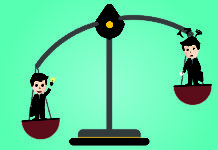
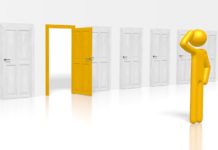
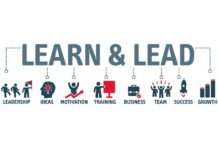


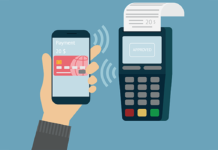


![AdobeStock_128366156 [Converted] vat registered](https://www.aspiringaccountants.co.uk/wp-content/uploads/2017/09/vat-696x461.jpg)
